Discus project launched on 13 March 2019 with its kick off meeting, which was held via teleconference from the Fillea Cgil headquarters. The project coordinator Serena Rugiero (FDV) presented the agenda and a broad description of the project’s background. The first part of the meeting was devoted to review the project’s objectives (the general and specific ones), work plan, tasks and deliverables. Afterwards, the Project Steering Committee was established. Daniele Di Nunzio, senior researcher in FDV, provided the participants with details about the methodology of the baseline reports, both at European and national level. The European baseline report will be drafted by FDV and shared within the project’s partnership. The partners will be in charge of drafting the country reports.
Furthermore, the meeting discussed the organization of the first workshop to be held in Madrid. Finally, the participants were briefed on some important issues related to the financial involvements of the project implementation.
The following is an excerpt of the project description as outlined by Serena during the meeting.
“This project aims to analyse and to strengthen the role of industrial relations and social dialogue, in responding to the major challenges and opportunities brought by digitalization and technological changes in the construction sector to guarantee better environmental and social conditions for the workers and citizens of the European Union.
DISCUS aims to enhance cooperation and mutual learning between research institutes and social players in support of technological innovation in the construction sector, contributing to address the employment, social and economic challenges identified in the “European Pillars of Social Rights”. Digitalisation and technological changes are two major drivers for the development of the construction sector with specific impacts involving new challenges for industrial relations and social dialogue on multiple level: employment, organisation of work, sectoral, territorial, socio-environmental.
The project will analyse these changes focusing on 6 countries: Belgium, Bulgaria, Italy, France, Germany and Spain and in order to compare experiences and strengthening synergies between South, Centre, North and Eastern Europe with different models of industrial relations.
The work plan
The activities and main events will be distributed during the 2-year lifecycle of the project: for the first year, besides the current meeting, it has been foreseen a first international workshop to be held in Madrid (Summer 2019). Before this meeting, a baseline report, produced by FDV The description of the project activities was limited to the first year of the project at this meeting.
The tasks of the first year are:
– the draft of a baseline report at European (by FDV) and national level of the legislative, economic, and social framework as concerns digitalisation in the construction sector and an overview of industrial relations initiatives on the issue. European baseline report will be based on desk analysis (analysis of previous studies and reports and official database).
– a qualitative survey in each country
– The organization of two transnational workshops (the first in Spain and the second in Italy)
An overview of the activities to be performed in the second year have also been discussed:
– 3 case studies in each country involved in the project with the aim of analysing concrete experiences of industrial relations in the field of digital innovation in the construction sector.
– The final European conference (in Brussels) to present the findings of all the steps of the research project.“
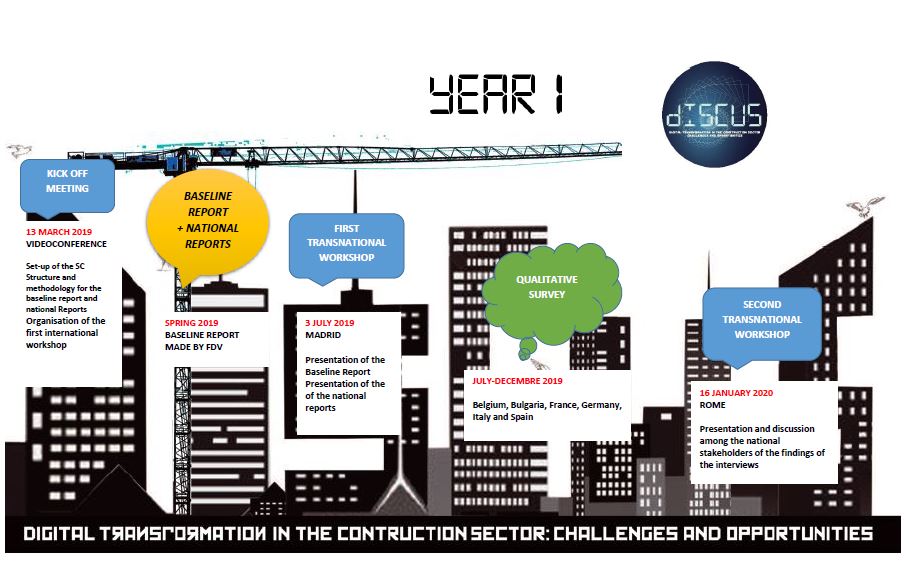
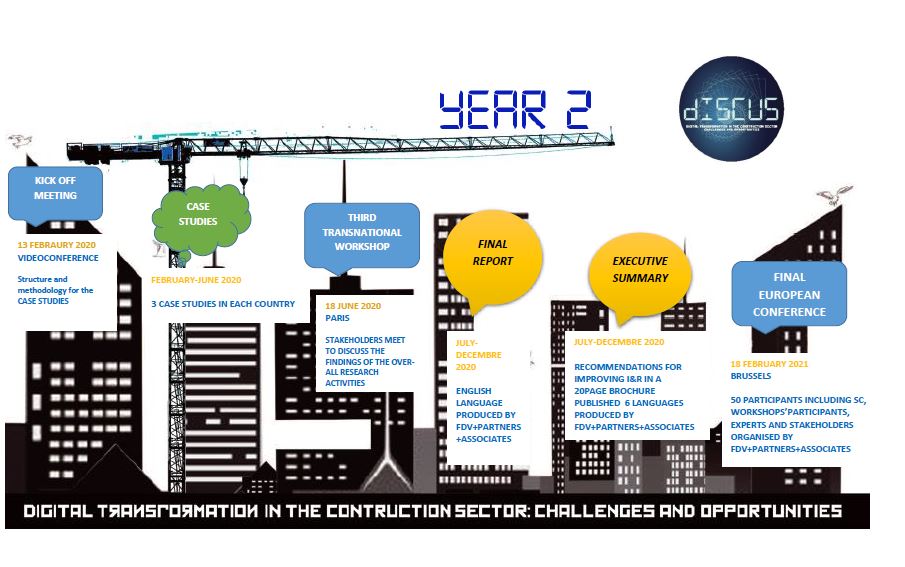
![]() Agenda Kick off Meeting DISCUS
Agenda Kick off Meeting DISCUS
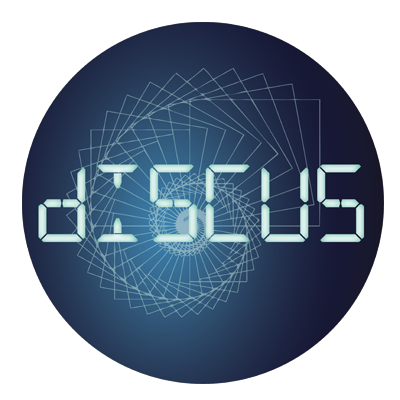
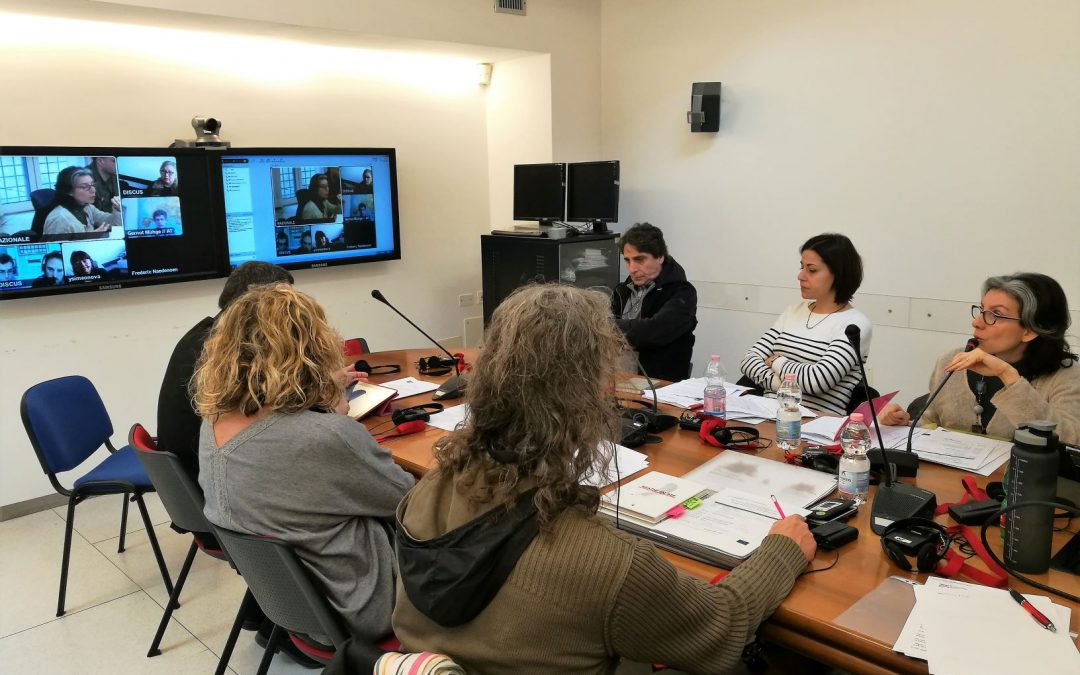
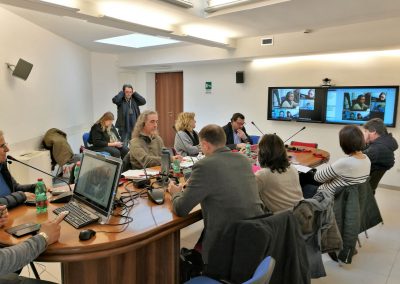
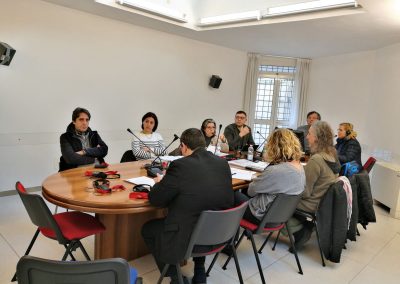
Recent Comments